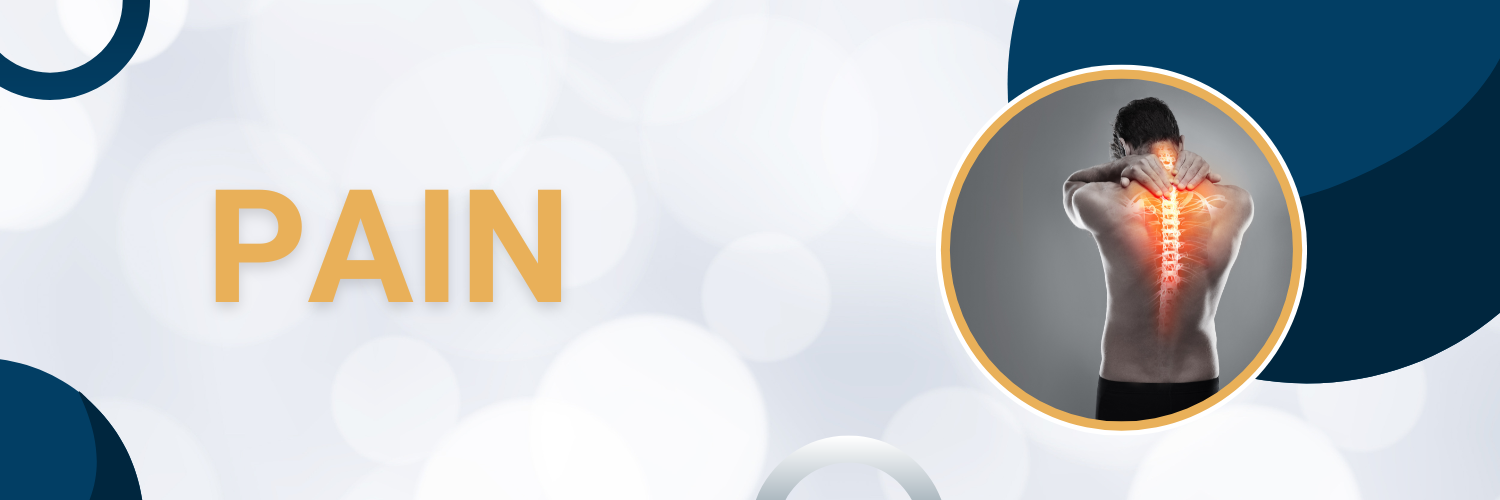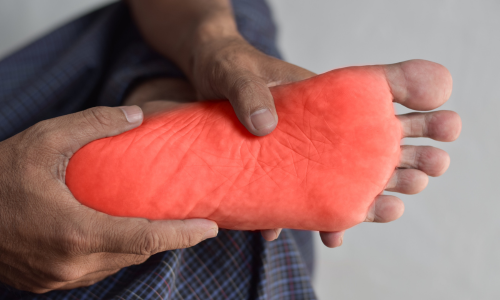

Numbness and Tingling Sensation
Understanding Numbness and Tingling Sensation: Causes, Symptoms, and Treatment
Introduction:
Numbness and tingling sensations are common symptoms that many people experience at some point in their lives. While they may seem harmless, they can sometimes indicate underlying health issues that require attention. Understanding the causes, symptoms, and treatment options for numbness and tingling sensations is essential for maintaining overall well-being.
Causes:
1. Nerve Compression: Pressure on nerves from repetitive motions, poor posture, or conditions like carpal tunnel syndrome can lead to numbness and tingling.
2. Peripheral Neuropathy: Damage to peripheral nerves due to conditions such as diabetes, vitamin deficiencies, or infections.
3. Trauma or Injury: Direct injury to nerves or the spinal cord can cause temporary or permanent numbness and tingling.
4. Circulation Problems: Reduced blood flow to certain areas of the body can result in numbness and tingling, often experienced in the hands and feet.
5. Neurological Disorders: Conditions like multiple sclerosis or stroke can affect nerve function and cause numbness and tingling.
6. Vitamin Deficiencies: Deficiencies in vitamins B12, B6, or E can lead to nerve damage and sensations of numbness and tingling.
7. Medications: Certain medications, such as chemotherapy drugs or those used to treat HIV, can cause peripheral neuropathy as a side effect.
Symptoms:
1. Numbness: Loss of sensation or feeling in a specific area of the body.
2. Tingling: Prickling or tingling sensation often described as “pins and needles.”
3. Weakness: Accompanying weakness in the affected area.
4. Burning Sensation: Some individuals may experience a burning or stabbing pain along with numbness and tingling.
5. Difficulty with Coordination: In severe cases, numbness and tingling can affect coordination and balance.
Treatment:
1. Address Underlying Conditions: Treating underlying conditions such as diabetes, vitamin deficiencies, or neurological disorders can help alleviate numbness and tingling.
2. Medications: Pain relievers, anti-seizure medications, or antidepressants may be prescribed to manage symptoms.
3. Physical Therapy: Exercises and stretches designed to improve nerve function and reduce compression can be beneficial.
4. Lifestyle Modifications: Avoiding repetitive motions, maintaining proper posture, and incorporating relaxation techniques can help reduce numbness and tingling.
5. Alternative Therapies: Acupuncture, chiropractic care, and massage therapy may provide relief for some individuals.
6. Nutritional Supplements: Vitamin supplements, particularly B vitamins, may help improve nerve health and alleviate symptoms.
Conclusion:
Numbness and tingling sensations can range from mild and temporary to severe and chronic, impacting daily life and mobility. It’s essential to pay attention to these symptoms and seek medical attention if they persist or worsen. By addressing underlying conditions and exploring various treatment options, individuals can effectively manage numbness and tingling and improve their overall quality of life.

